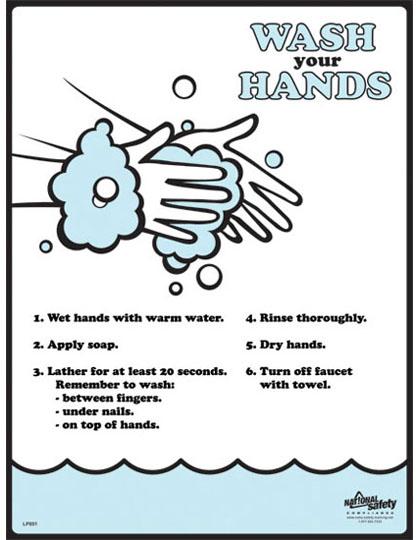It’s the time of year that everyone is ready to get their boats back on the water and have fun fishing, skiing, or taking a relaxing ride on smooth water. Getting boats conditioned after a long winter’s rest is important to the success of the boat starting each time, and running as it should. Having owned a boat, there’s much more to it than just backing it into the water and taking off. The most important thing to have in your boat is a life jacket for each person.
This week’s reminder is sponsored by the National Safe Boating Council. NSBC was organized in September, 1958, under the name National Safe Boating Committee. Their mission is to be the foremost coalition to advance and promote a safer recreational boating experience through education, outreach and training. The NSBC presently has a membership of over 330 U.S. and Canadian organizations, all with an interest in boating safety and education. The NSBC membership is diverse, with approximately 65% of the membership being nonprofit organizations and 35% being for-profit organizations.
This year’s theme is “Ready, Set, Wear It,” referring to life jackets. By law, there should a life jacket for each passenger, as mentioned above. At times when you are fishing, and not moving, the jacket may be placed under the seats. But they must be ready for use at a moment’s notice. Wearing a life jacket can be slightly uncomfortable at some times, but even the strongest swimmer could have an accident, falling out of the boat, and possibly hitting their head. With no life jacket, their chances of surviving may be slim.
When we had our boat, we made sure we had plenty of life jackets, even one for our Cairn Terrier, Willie. He had short little legs, and while we were fishing, he would go to the front of the boat and invariably slip and fall into the water. Our mode of rescue was a dip net, while his jacket kept him afloat. We didn’t want to take the chance that he might not be able to swim very far.
On one particular outing, the local game warden pulled up to our boat to check our fishing license. He really got a kick out of seeing Willie in his life jacket; he said he hadn’t seen that very often. (This was several years ago, and jackets for dogs are much more popular now.)
Have a fun summer on the water this year. Remember to use plenty of sunscreen, wear some great sunglasses, (the reflection off water can damage your eyes), wear a hat, keep some soft drinks and water in the ice chest, snacks, and have your cell phone handy in case you get stranded. The same law applies to drivers of boats, as to drivers of vehicles – don’t drink and drive!
Stay safe and remember, wear that life jacket. After all, that’s what they are for – to save lives!
